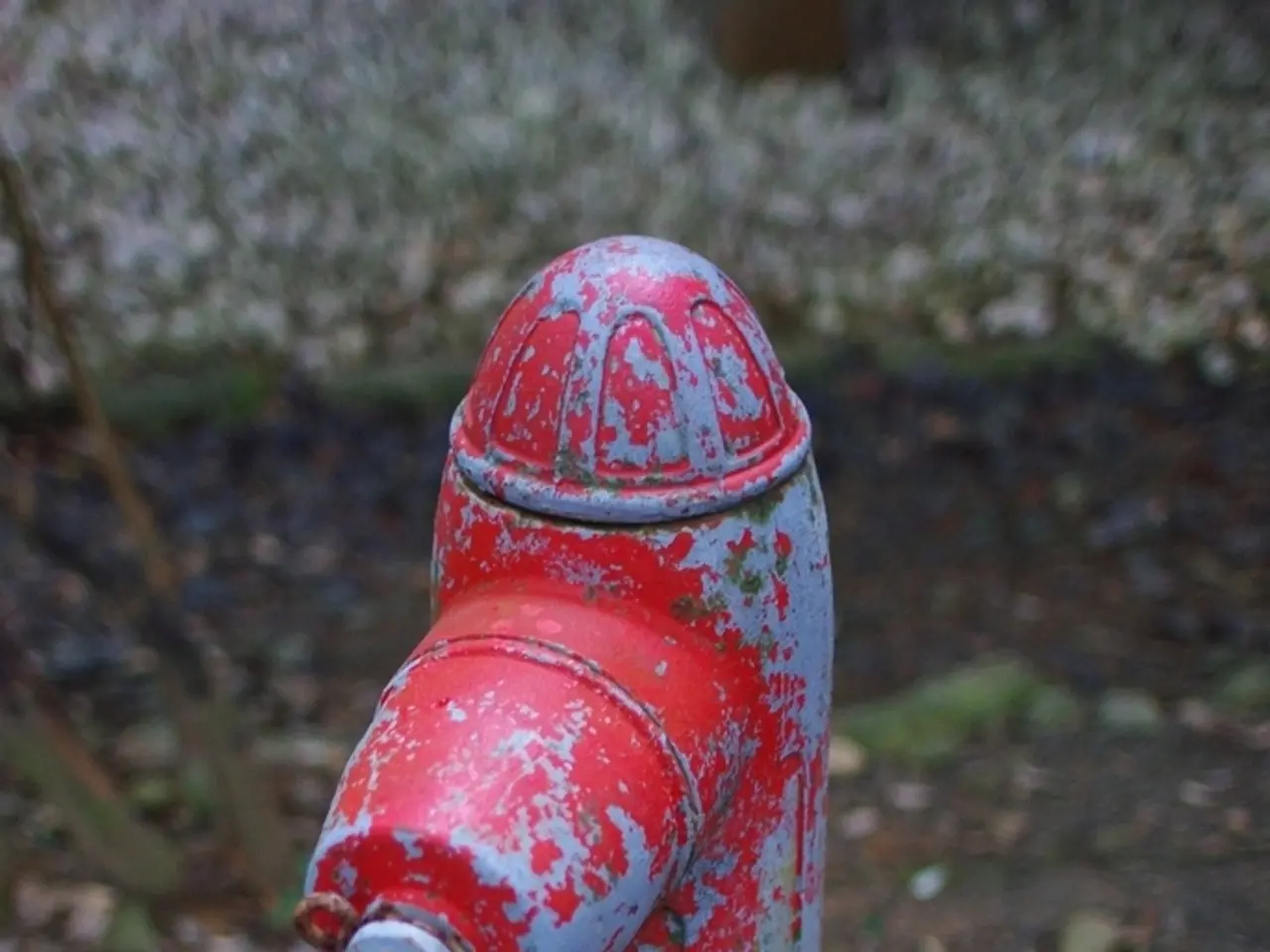Underground Journey: Travelling Beneath the Rhine River in Koblenz (Germany)
The expansion of the water pipeline under the Rhine in Koblenz is currently underway, with Weber-Ingenieure GmbH taking the lead on construction supervision, surveying, and safety coordination for the project.
Experts from a pipe construction company have taken over the construction site, where a special drill has been digging a tunnel tube meter by meter under the riverbed of the Rhine since September. The tunnel, at its deepest point, is approximately nine meters below the riverbed and has a diameter of just over one and a half meters.
The tunnel tube is being assembled piece by piece from concrete prefabricated parts. Once the pipe system is in place, the intermediate spaces will be filled, and both ends will be sealed. The new drinking water pipeline is expected to go into operation in 2025.
The first part of the tunnel, up to the island of Niederwerth, is expected to be completed in May 2024. The tunnel tube slowly rises back up to the shore on the island of Niederwerth. However, the second part of the pipeline, from Niederwerth to Vallendar, will not be laid in a duct due to the absence of ship traffic.
The new tunnel system is expected to save a significant amount on energy costs. Interestingly, once the pipe system is in place and the tunnel sealed, no one will enter the tunnel tube again. If something breaks in the pipe system, it will be repaired remotely.
The concrete tunnel, which is currently empty, will house a water pipeline supplying drinking water from Koblenz to Verbandsgemeinde Vallendar, along with tubes for telephone and power lines. The evm is investing several million euros in the tunnel, ensuring a reliable water supply for the region in the future.
Stay tuned for more updates on this exciting project!
Read also:
- "Eco-Scam": Unveiling the Truth about Electric Vehicles
- Development of Restaurant Apps: Expenses and Essential Elements
- Time is of the essence
- European transportation's sustainability and competitiveness rely on a "green industrial agreement" that serves the interests of both corporations and residents, as discussed in an Editorial from August 2024.




